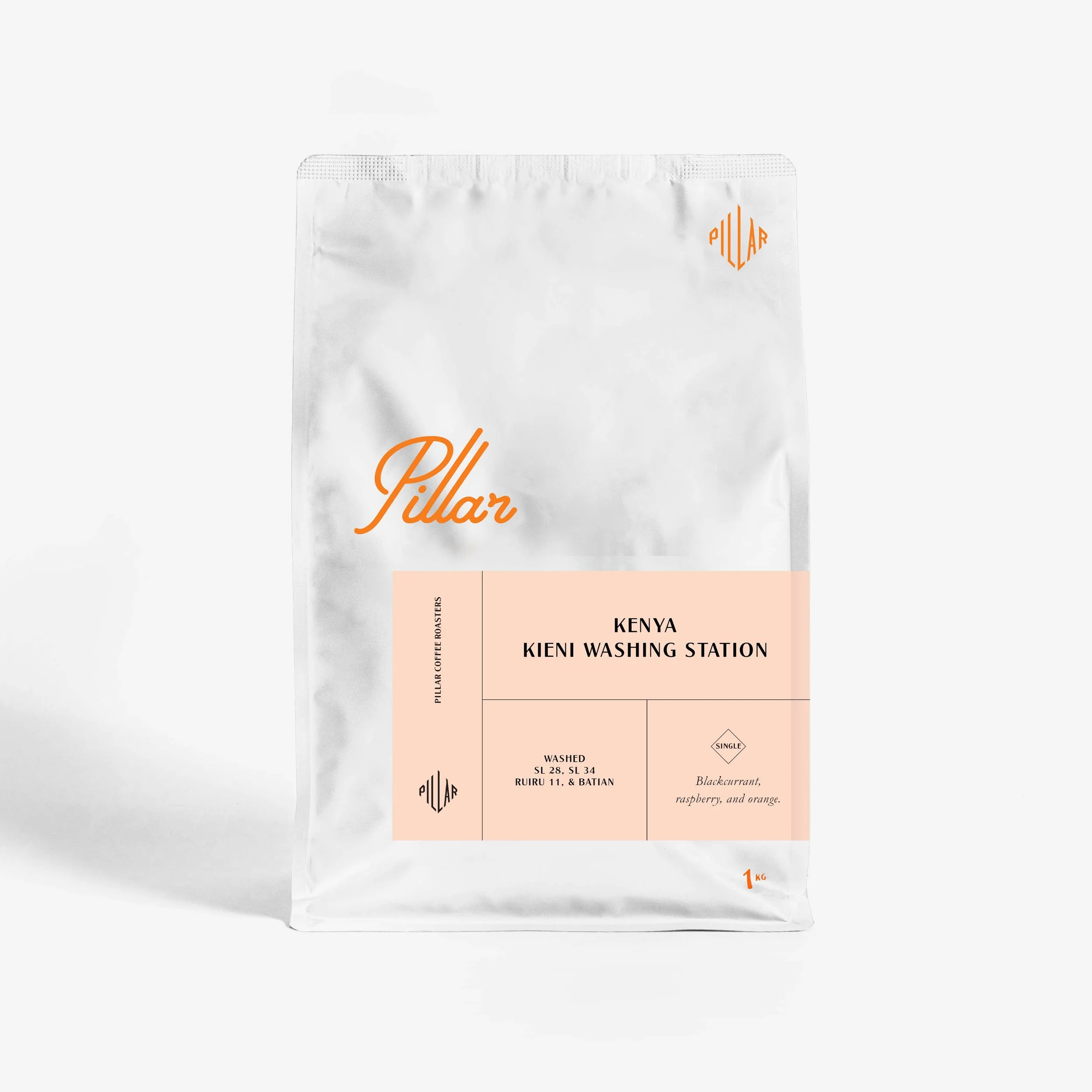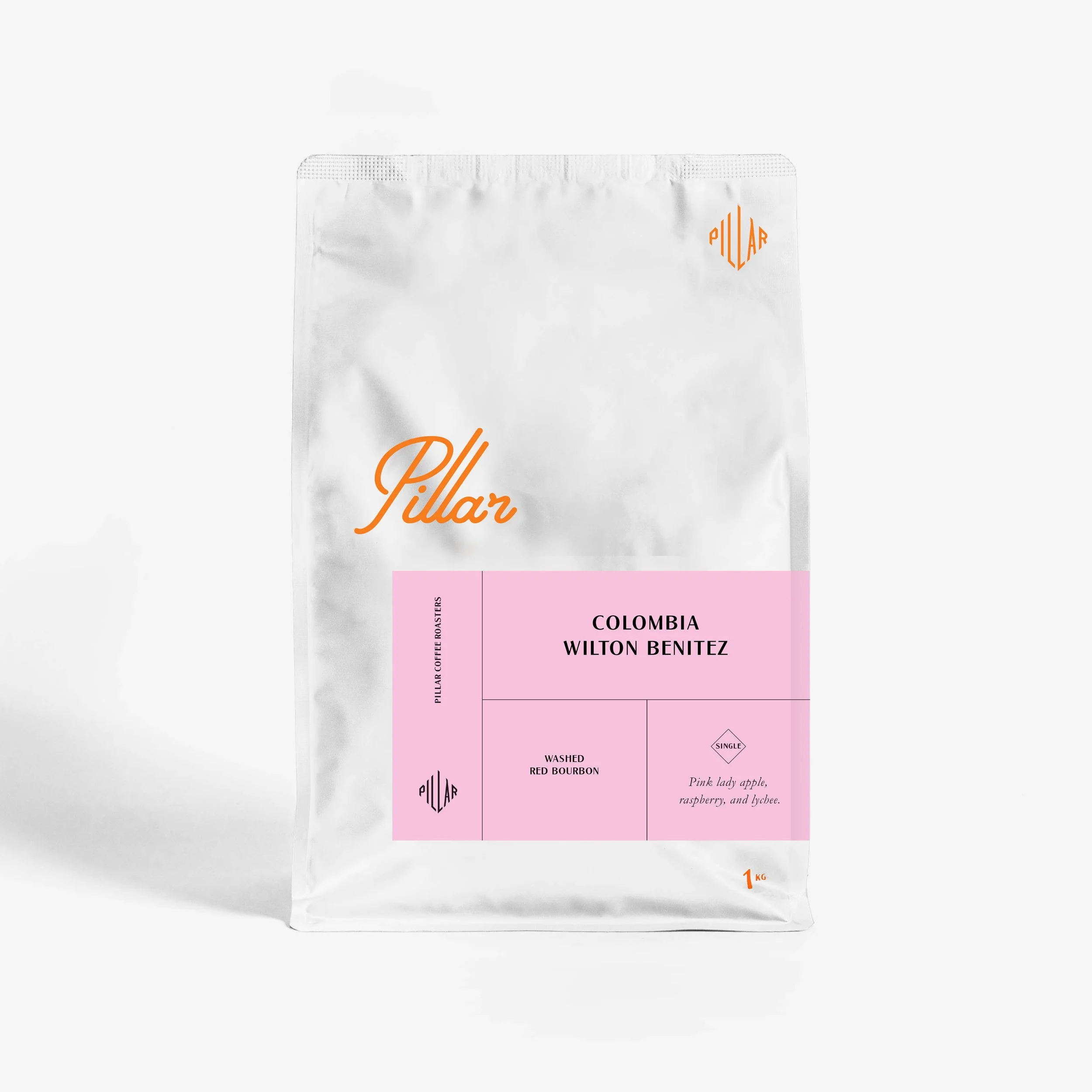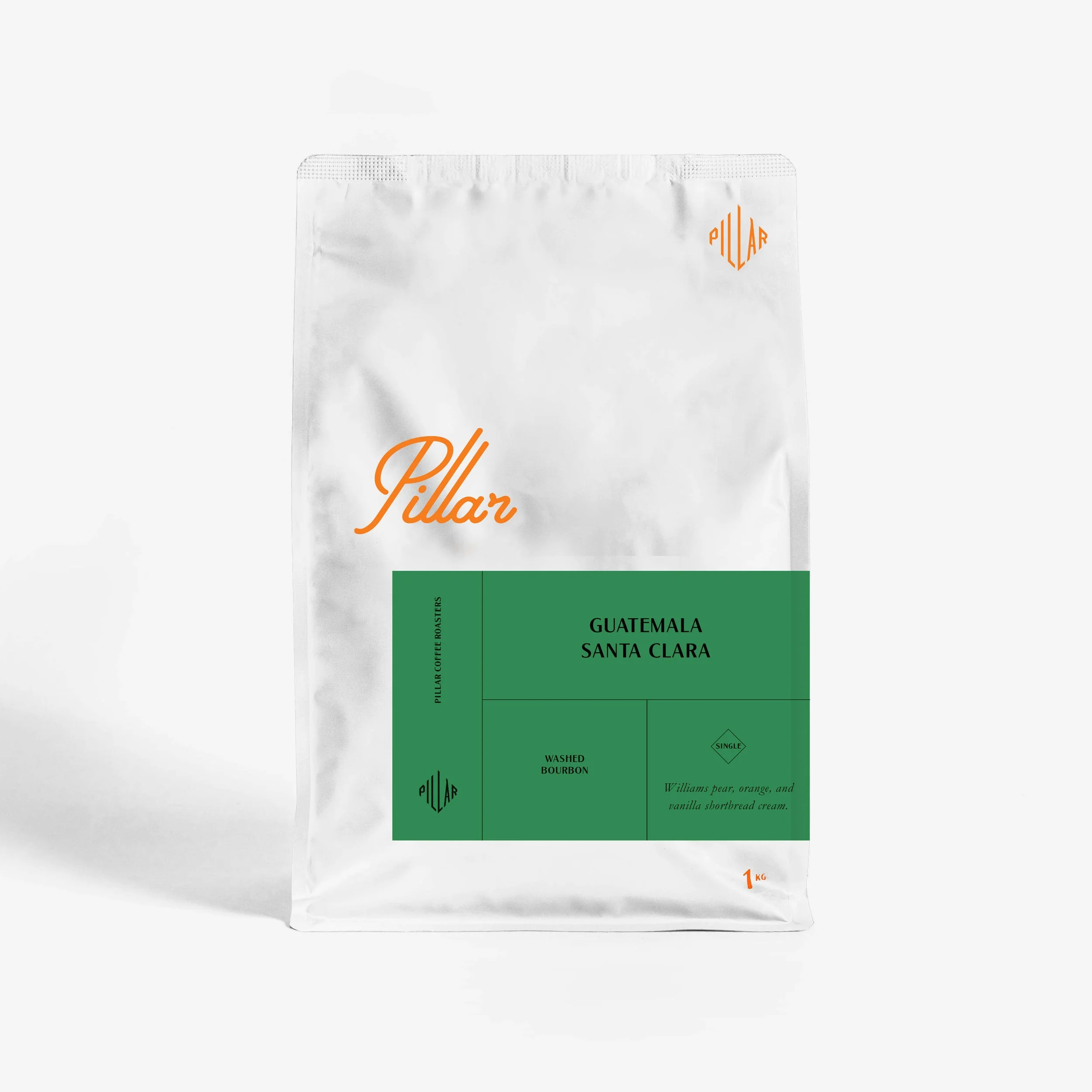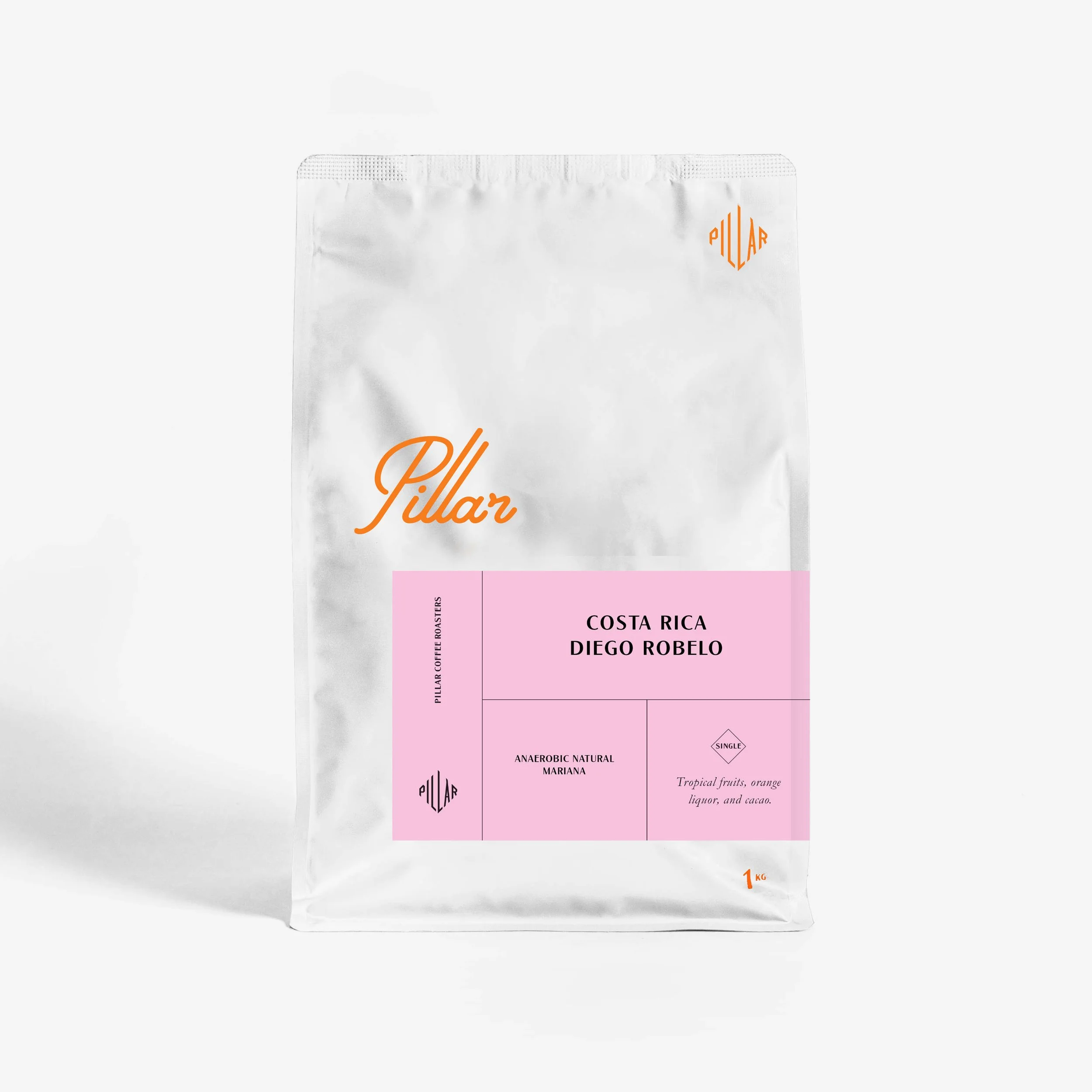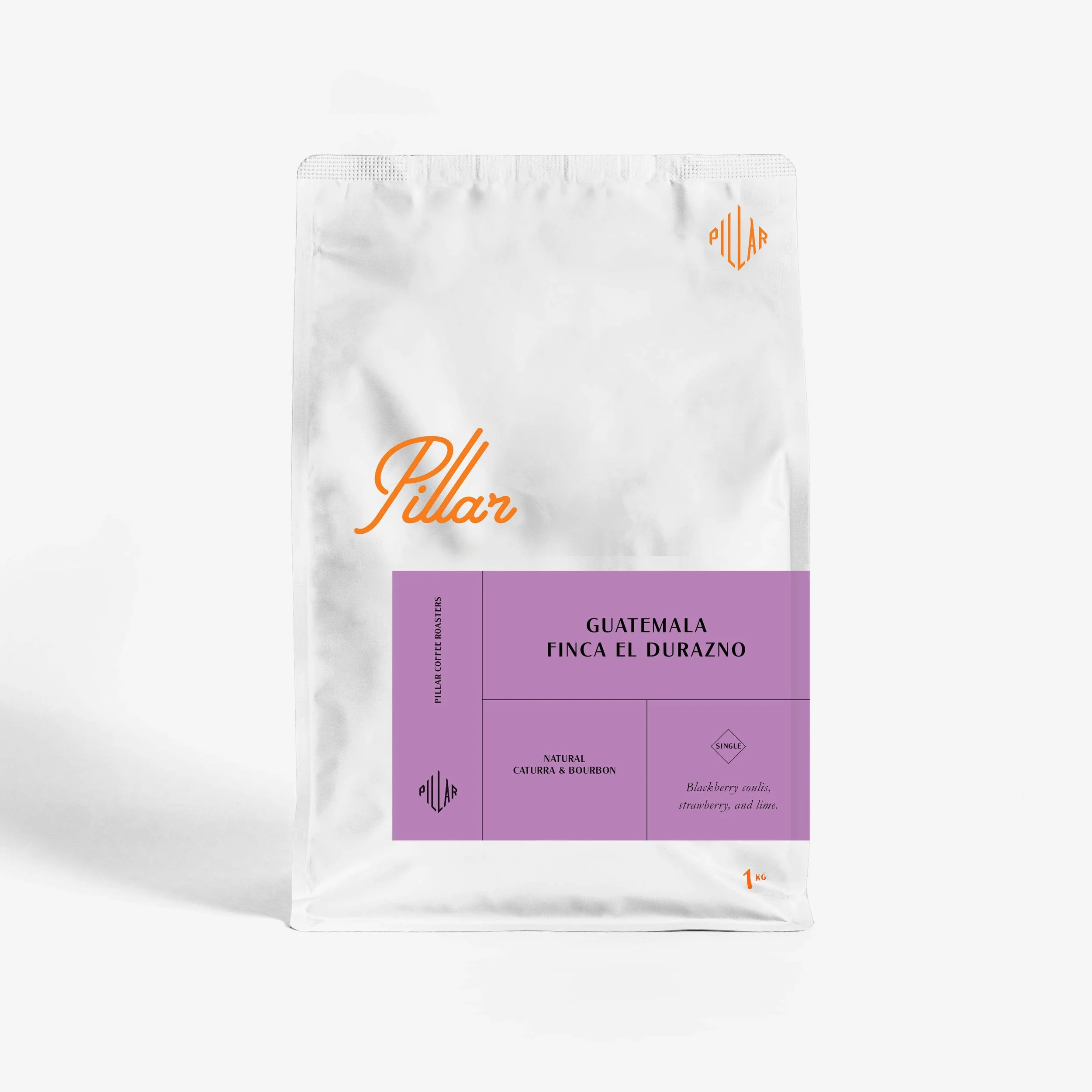Kenya Getuya - Filter

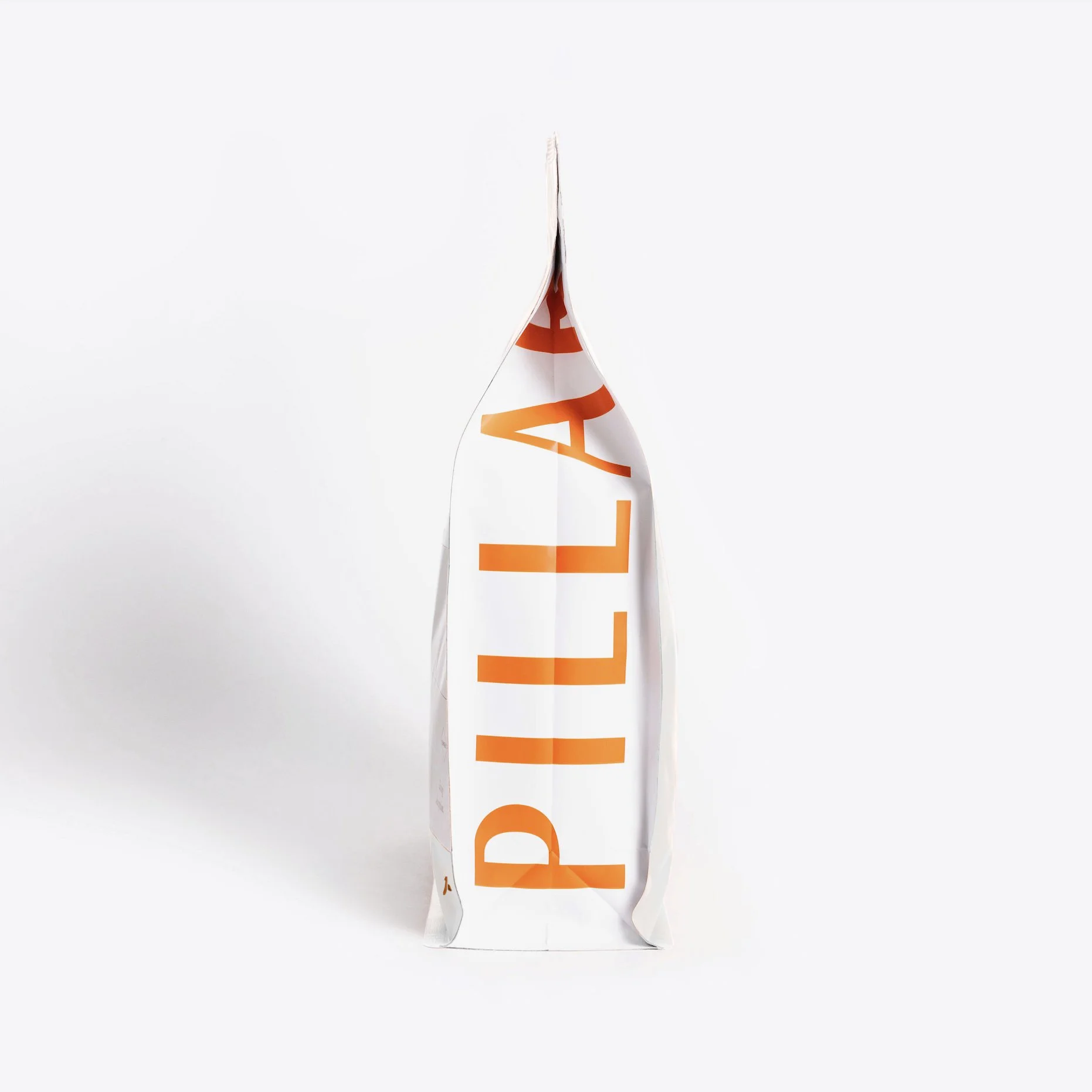
Kenya Getuya - Filter
Kenya
Getuya Coffee Factory
Kirinyaga
1540masl
Batain, SL28, SL34 & Ruiru 11
Washed
Jammy plum, cooked peach, and caramel.
Old school know their stuff: Getuya Coffee Factory has been around since 1964 and is run by the Mwirua Farmers Cooperative Society. Around 900 small-scale farmers, each with about 1/5 of a hectare of land, bring their coffee cherries here for processing.
That'll Getuya going: Once the cherries arrive, they’re sorted and quickly processed. First, they’re depulped and fermented underwater for 15–24 hours. Then, they’re washed three times and laid out to dry on metal tables. This drying stage takes about 6–7 days. A rare gem in Kenya, Getuya also produces Honey and naturally processed coffees, so they really know their stuff.
Micro Mircrolots: In Kenya, microlots are either traceable to a specific factory like Getuya or sometimes down to individual farms. Small batches known as 'day lots' are graded and separated out, based on how good they taste in the cup. Since most Kenyan farmers only have 1/8–1/4 of a hectare, this sort of blended Coop processing is the most common in Kenya, with local farmers usually bringing their cherries to a nearby factory.
Who decides what's good enough? Our export partner from Cafe Imports and legendary coffee buyer actually lives in Kenya during harvest season to keep up with the sheer number of samples being cupped. 'Microlots' as a term can be quite broad and not particularly well defined--for our resident Kenyan cupper, it is a quality assessment variable from year to year, with only about 100 bags being good enough to be called microlots.
A soaking step: Unique and almost ubiquitous to Kenyan coffee processing is a step known as the 'soaking step'. The process begins with the coffee cherry being selectively picked, then floated and de-pulped, usually on the same day. The clean cherry seed is then transferred to open-air tanks for a fermentation period. This fermentation period ranges between 24 and 48 hours, depending on temperature and humidity. The coffee seed is then washed thoroughly in water channels before being introduced to the unique 'soaking step'. The coffee seed soaks here for 12-72 hours, again, depending on temperature and humidity.
Blended microlot, blended varieties: This particular lot isn’t from a single variety, but a tasty blend of Batian, SL28, SL34, and Ruiru 11--some of Kenya’s best-known coffee cultivars.
Kirinyaga: Kirinyaga is in Central Kenya, nestled on the slopes of Mt. Kenya. It’s a lush, forested area full of wildlife, with about 127cm of rainfall each year. The rich volcanic soil and plentiful rivers that run through it make it perfect for growing some of Kenya’s most vibrant, fruity coffees.
Coffee two ways: Coffee in Kenya is sold through two main marketing systems: auctions at coffee exchanges and direct sales, known as 'Second Window'.
Auction System: Kenya's auction system, established in the 1930s, evolved from open-outcry bidding to today's silent, electronic trigger system. Estates or co-operatives work with marketing agents who bring coffee to auction, charging between 1.5 and 3% of the coffee price plus government tax. Auctions take place on Tuesdays throughout the year in Nairobi, where marketing agents tender samples of the milled coffees to interested bidders. The coffees that are due to be auctioned on any given week are printed in a catalogue available through the Exchange.
Second Window Sales: The 'Second Window' allows farmers and buyers to negotiate prices outside the auction system, and is often pre-arranged before or during the harvest. Exporters also directly purchase coffee from marketing agents or mills, based on the previous week’s auction prices for specific grades. It's in this second window that relationships really count!
It sounds like a lot to keep track of, but with help from Cafe Imports, we're on it like an old-timey telephone exchange operator!

